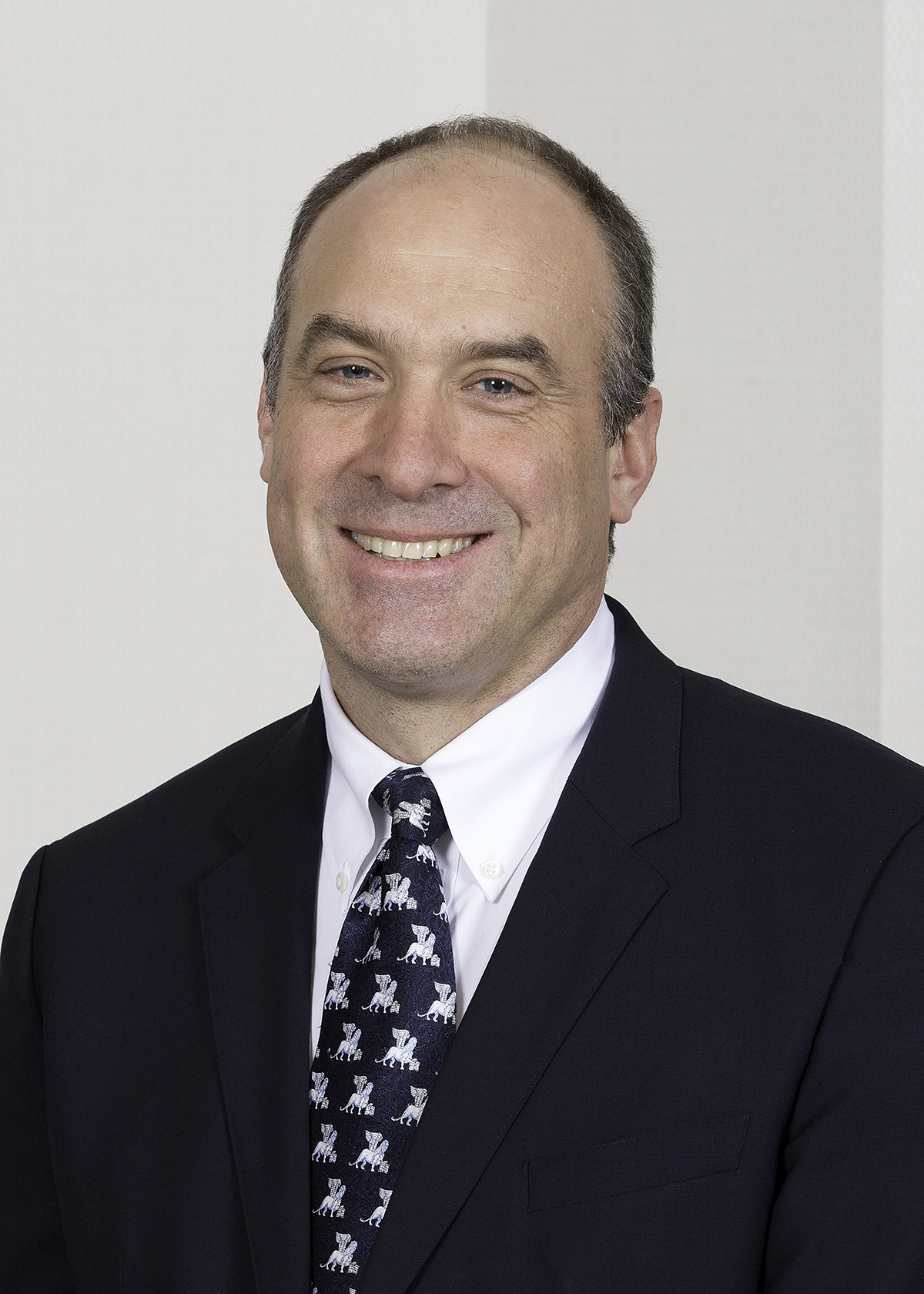HealthLeaders is convening top clinical executives from across the country to address key issues facing CMOs today.
This week, two dozen CMOs, chief physician executives, and chief clinical officers are set to discuss top healthcare issues at the HealthLeaders CMO Exchange, including workforce challenges, the role of advanced practice providers, AI, and telehealth.
The HealthLeaders Exchange program is the organization's premier thought leadership and peer-to-peer learning opportunity for healthcare executives. In addition to the CMO Exchange, HealthLeaders holds Exchange events for a range of healthcare leaders, including CEOs, CFOs, CNOs, and revenue cycle executives.
CMO Exchange member Thomas Balcezak, MD, MPH, executive vice president and chief clinical officer at Yale New Haven Health, talked with HealthLeaders recently to highlight four critical concerns for CMOs at this week's event.
Recruitment and retention of healthcare workers
When it comes to the recruitment and retention of physicians, they have similar desires as other professionals, according to Balcezak.
"They want to know that they are getting a fair deal," Balcezak says. "They want to know that their work is rewarding and enriching to their personal lives. They want to feel like they are making a difference. They want to work for an organization that shares their values. And they want to work with other individuals who are similar to them and treat them fairly."
At Yale New Haven Health, there are several shared values between physicians and the organization, Balcezak explains.
"We put patients first," Balcezak says. "We treat patients and staff with respect. We make sure that we live the values of the organization, including integrity."
According to Balcezak, retaining healthcare workers is informed by an adage: People take a position for the job, but they leave a position because of their manager and the environment that the manager creates.
Balcezak recommends that healthcare leaders pay attention to both aspects of that adage to retain staff.
"We need to make sure that salary and benefits are competitive," Balcezak says. "We also need to make sure that how healthcare professionals are treated is positive and that their leadership is trying to make the working environment continuously better."

Thomas Balcezak, MD, MPH, is executive vice president and chief clinical officer at Yale New Haven Health. Photo courtesy of Yale New Haven Health.
Role of the advanced practice provider
The role of advanced practice providers (APPs) has not expanded clinically at Yale New Haven Health, but the health system is committed to maximizing their impact, according to Balcezak.
"We talk about working at top of license—not just for APPs but for all kinds of caregivers such as respiratory therapists, nurses, and physicians," Balcezak says. "We want to make sure that all of our practitioners are working at top of license."
At Yale New Haven Health, APPs work under the direction and supervision of physicians, and they take on tasks that free up physicians to work at the top of their licenses, according to Balcezak. The tasks assigned to APPs vary in the inpatient and outpatient settings.
In the inpatient setting, physicians admit patients, set care plans, and discharge patients. This leaves several tasks that APPs can perform, Balcezak explains.
"In between admission and discharge, there is follow-up care, daily progress notes, and other aspects of care that an APP can do extremely well under the direction of a physician," Balcezak says. "APPs can also perform functions such as screening, history, and physical exams preceding surgery and other procedures."
In the outpatient setting, APPs can perform functions such as routine office visits and checking on care progression under the supervision of a physician. These are the primary roles for APPs at Yale New Haven Health, Balcezak explains.
"While working at the top of their license, the efforts of APPs allow physicians to see more new patients, to create treatment plans, and to do surgeries and other procedures," Balcezak says. "The ideal role of APPs on care teams is to extend the expertise and time of physicians."
Adoption of artificial intelligence
Yale New Haven Health is in the early stage of adopting AI technology. Balcezak gave three examples of where AI is impacting care delivery at the health system.
Ambient listening: The health system uses ambient listening to capture encounters between clinicians and patients. The technology creates a template note for the clinician to review, edit, and authenticate.
"AI is going to allow us to streamline documentation and allow the clinician to spend more face-to-face time with the patient," Balcezak says. "This is going to free the clinician from endless typing."
Radiologic procedures: The health system has an AI tool that does preliminary reads for some radiologic procedures.
"That allows the physician to have preliminary ideas about the findings of radiologic exams, then independently confirm or deny them," Balcezak says. "This can save physicians time and improve their diagnostic acumen."
Patient monitoring: The health system is using an AI tool called eCART to monitor patients in the inpatient setting. eCART continuously evaluates the patient's electronic medical record, looking for evidence of clinical deterioration. It measures and monitors data, including nurse notes, clinician notes, laboratory results, radiology results, and vital signs.
"It can flag to a nurse or any other caregiver to make sure patients are evaluated clinically in person if it looks like the patients are deteriorating," Balcezak says.
 Pictured: CMO Exchange members enjoy the reception cruise at the 2022 event.
Pictured: CMO Exchange members enjoy the reception cruise at the 2022 event.
Telehealth trends
The volume of telehealth visits at Yale New Haven Health has decreased significantly since the height of the coronavirus pandemic, but telehealth has become an established care delivery modality at the health system, according to Balcezak.
"The pandemic taught us that telehealth is highly effective, and it is a satisfier for both clinicians and patients," Balcezak says. "While we are not using telehealth as frequently as we did during the pandemic, we know that it has an important role to play. My prediction is that we will be using telehealth more for routine visits and follow-up visits, especially in primary care."
Balcezak expects specialty consultations via telehealth will increase across the country.
"We have a shortage of clinicians in certain specialties in the United States that disproportionally impacts rural areas," Balcezak says. "As we become more comfortable and facile in using telehealth, we can better serve rural communities and other communities that lack specialty clinicians."
The HealthLeaders Exchange is an exclusive, executive community for sharing ideas, solutions, and insights.
Please join the community at our LinkedIn page. To inquire about attending a HealthLeaders Exchange event and becoming a member, email us at exchange@healthleadersmedia.com.
Christopher Cheney is the CMO editor at HealthLeaders.
KEY TAKEAWAYS
At Yale New Haven Health, the ideal role of advanced practice providers on care teams is to extend the expertise and time of physicians.
The health system is in the early stage of artificial intelligence adoption, with AI tools for ambient listening, reading radiologic procedures, and patient monitoring.
The chief clinical officer of the health system predicts specialty consultations via telehealth will increase across the country.
